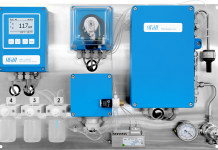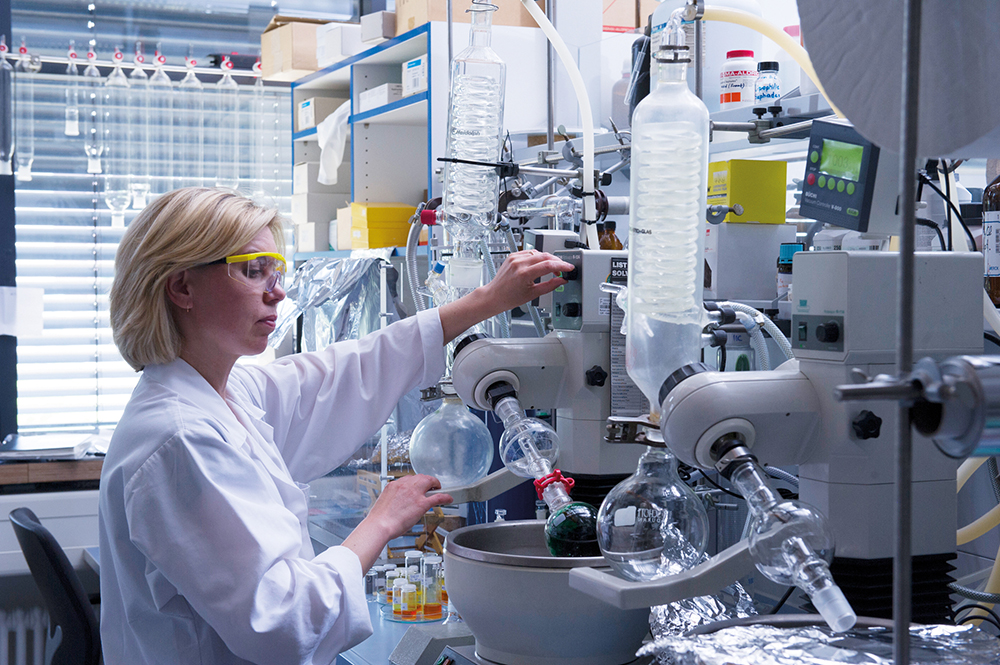Chemists at The University of Texas at Arlington in America have used green chemistry principles to devise a more environmentally-friendly, less expensive and more efficient water-based system for the synthesis of organic compounds used in pharmaceuticals, agrochemicals, cosmetics, plastics, textiles and household chemicals.
Most organic synthesis depends heavily on volatile organic solvents, which typically pose environmental and health hazards and are costly, whereas the new medium, which is 80-90% water with fluoroalcohol, produces considerably higher yields of product than pure organic solvents.
Another advantage is that the mixture forms two separate phases during the reaction, which means that the resulting products can be easily separated and centrifuged out of the mixture. Typically, additional organic solvents are used to facilitate the separation and extraction of product.
Morteza Khaledi, dean of UTA’s College of Science and co-investigator of the project, said: “Our new system could facilitate cheaper, safer and more efficient industrial reactions across a variety of sectors dependent on synthesis of organic compounds.
“Using water as a solvent is ideal as it is benign, plentiful, cheap and not harmful to the environment. This is a clear step forward towards a ‘green’ organic synthesis process. The organic solvent can even be recycled after the reaction, which is an additional bonus for the environment. ”
Co-investigator Nathaniel Weisner, of North Carolina State University, said “We stumbled onto this reaction when we were investigating a completely different project. However, this serendipitous research really opens up whole new opportunities to improve the environmental impact of the organic synthesis process that is the basis of so many of the products that surround us.”














